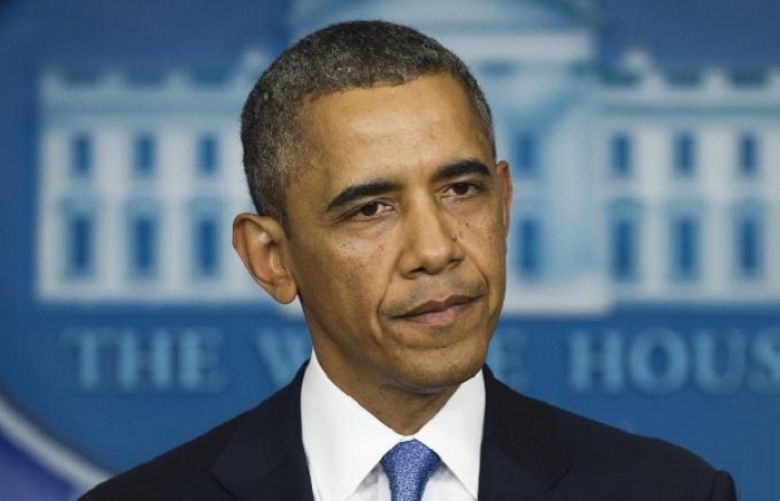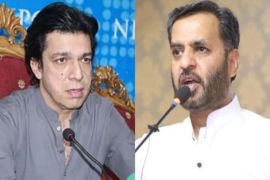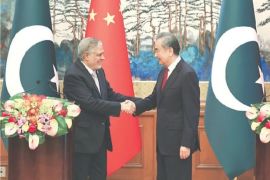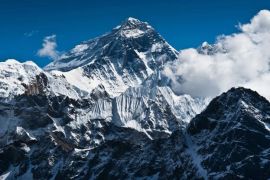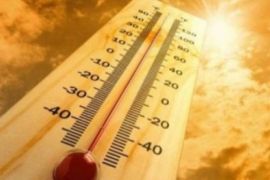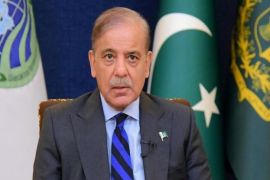The White House has announced that it will not send an official delegation to Fidel Castro’s memorial service in Havana but that the US will be represented by a senior presidential aide and the top US diplomat in Cuba.
The decision represents a compromise, sending representation to maintain the US-Cuba thaw Barack Obama began nearly two years ago while downgrading its status to satisfy critics who argue the administration has not properly held Cuba to account for human rights abuses.
Obama was broadly assailed by Republicans and Democrats for a statement on Castro’s death on Saturday that made no mention of the brutal aspects of his regime. The White House has been on the defensive over the issue, wary that it is one of many flagship Obama policies that Donald Trump is threatening to overturn on taking office.
The White House spokesman, Josh Earnest, said the US officials attending memorial ceremonies on Tuesday evening would not constitute a formal presidential delegation, as is normal for the funeral of a head of state. Instead, the country would be represented by the top diplomat already on the island, chargé d’affaires Jeffrey DeLaurentis, and deputy national security adviser Ben Rhodes, who – Earnest stressed – was going to be in Cuba this week anyway.
“Much of the US diplomatic relationship with Cuba is quite complicated,” Earnest said, adding that past bilateral ties “were characterized by a lot of conflict and turmoil, not just during the Castro regime, but we continue to have some significant concerns about how the Cuban government currently operates particularly with regard to protecting the basic human rights of the Cuban people.”
The United States only restored full diplomatic contacts with Cuba in July last year. The newly reopened US embassy in Havana is one of the few diplomatic missions whose flag is not at half-staff as a mark of respect for Castro’s death.
“We believe this an appropriate way for the US to show our commitment to an ongoing future-oriented relationship with the Cuban people, and this was an appropriate way to show respect to participate in the events that are planned for this evening while also acknowledging some of the differences that remain between our two countries,” Earnest said.
“Mr Rhodes has played a leading role in crafting the normalization policy that President Obama announced about two years ago. He has been the principal interlocutor with the Cuban government from the White House in crafting this policy and implementing it successfully,” the spokesman said.
“He was actually already planning to travel to Cuba this week so in addition to the meetings he already has on his schedule with Cuban government and officials at the US embassy, he will be attending the memorial this evening.”
Other world leaders including Vladimir Putin and Theresa May have announced that they will not be attending the funeral, as diplomatic services attempt to calibrate an appropriate response to the death of a man lionized as a hero by some and reviled as a dictator by others.
On Monday, the office of Justin Trudeau said that he would not attend the ceremony – even though Castro was an honorary pallbearer at the funeral of Trudeau’s father, Pierre Trudeau. The Canadian prime minister prompted fierce criticism for fondly remembering Castro in remarks after his death.
But many leaders of Latin America’s left, including the Venezuelan president, Nicolás Maduro, and Bolivian president, Evo Morales, have arrived to attend the ceremony, due to start at 7pm in Revolution Square, the same space where Castro once delivered rousing, marathon speeches.
Among African leaders will be Zimbabwe’s Robert Mugabe and the South African president, Jacob Zuma. The late Nelson Mandela repeatedly thanked Castro for his efforts in helping overturn apartheid in South Africa.
Mugabe, 92, himself a former Marxist guerrilla who has led Zimbabwe as prime minister or president since 1980 despite financial and health crises, praised Castro’s government for having trained thousands of Zimbabwean doctors and teachers.
“Fidel was not just your leader. He was our leader and the leader of all revolutionaries. We followed him, listened to him and tried to emulate him,” Mugabe told reporters as he arrived in Havana, “Farewell, dear brother. Farewell, revolutionary,” he said.

